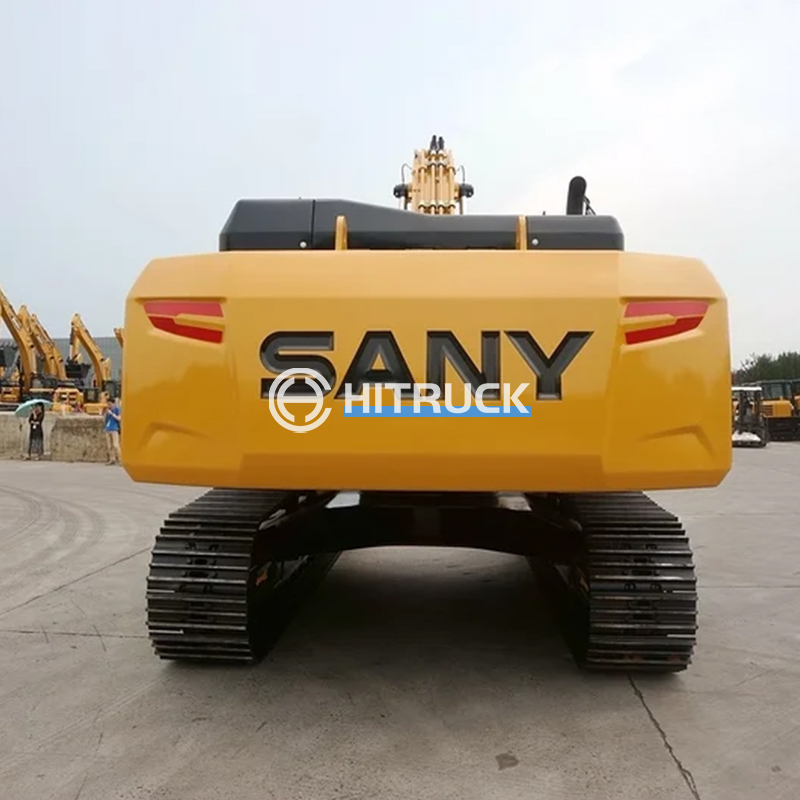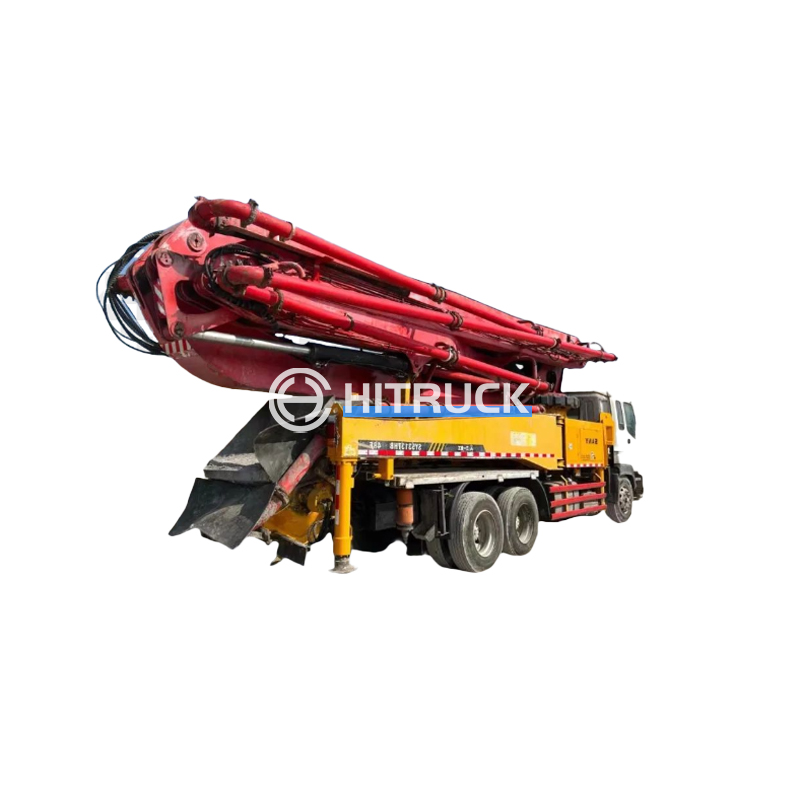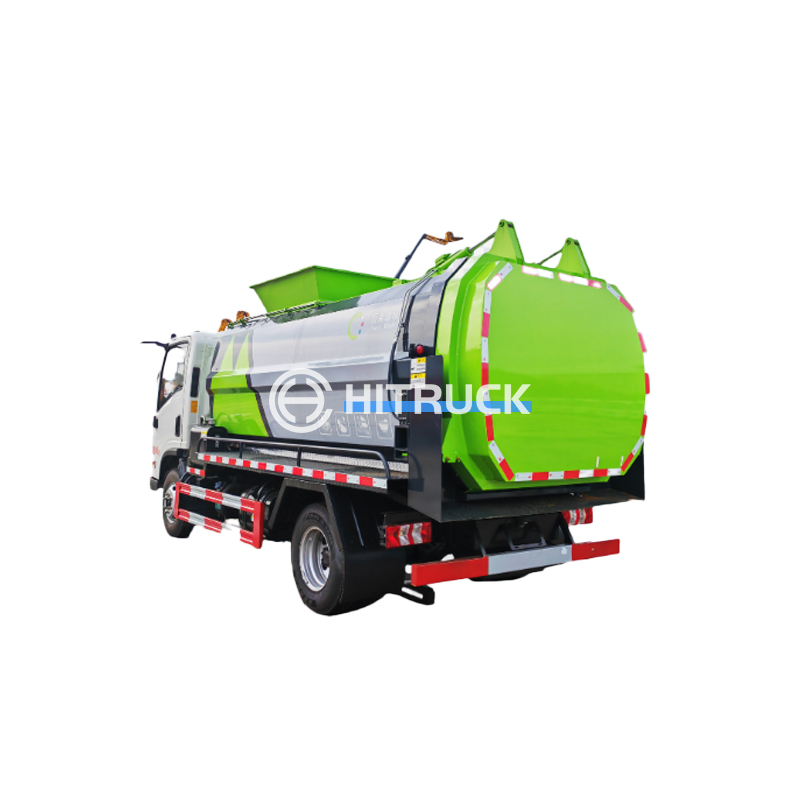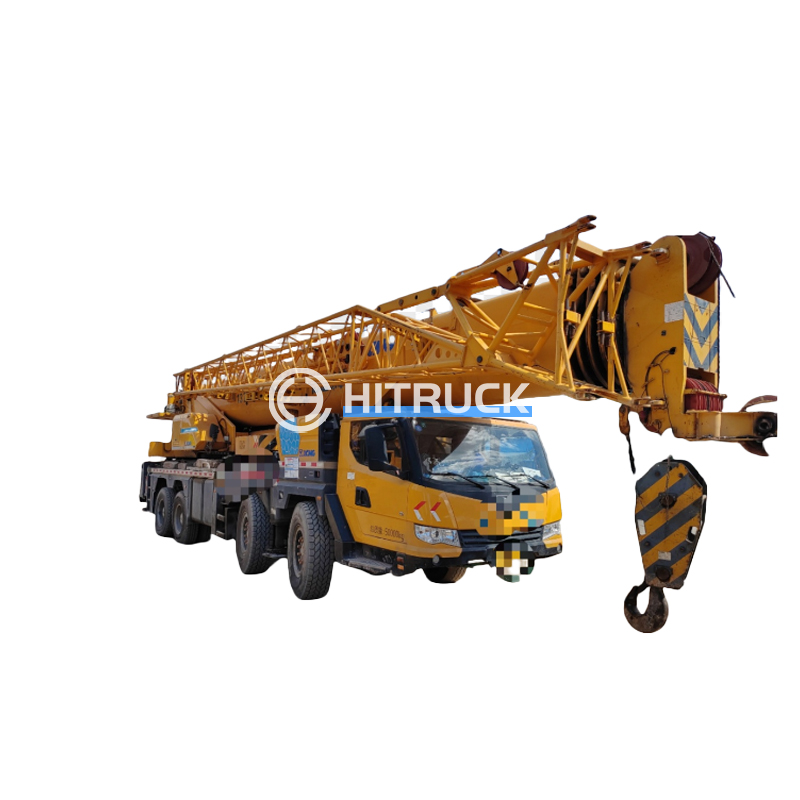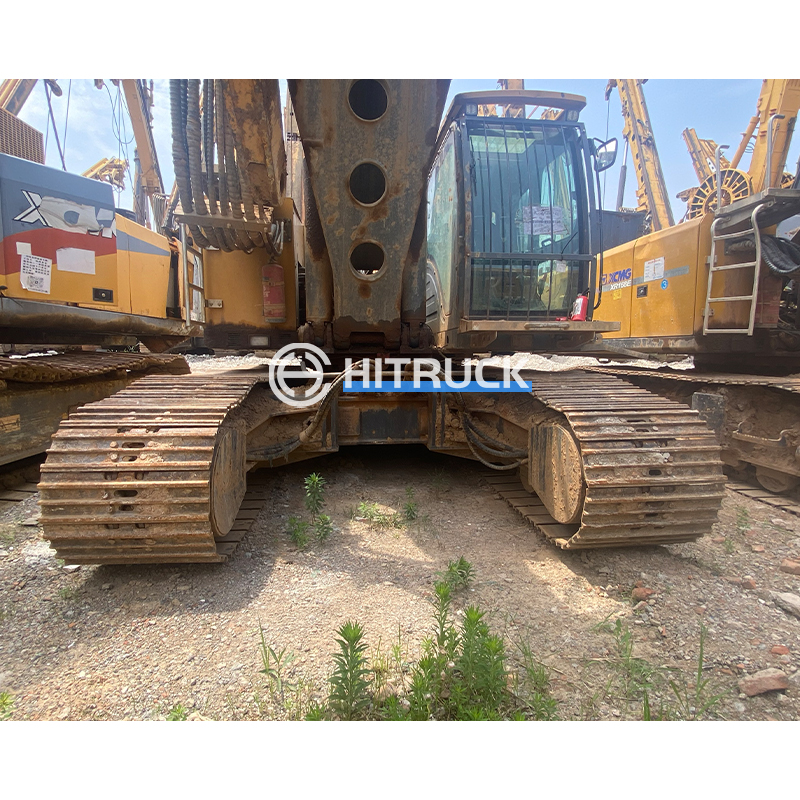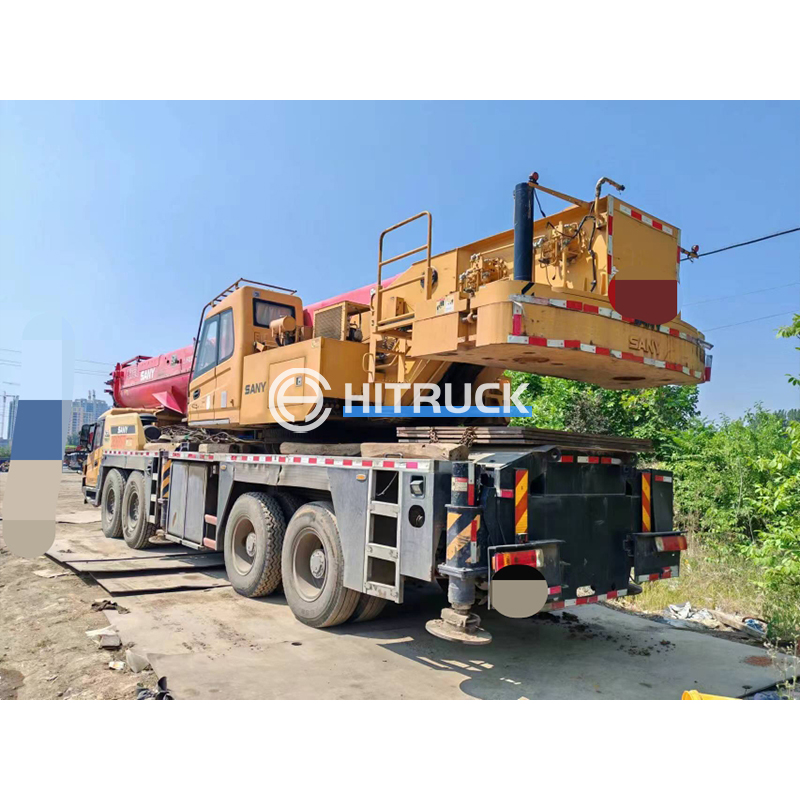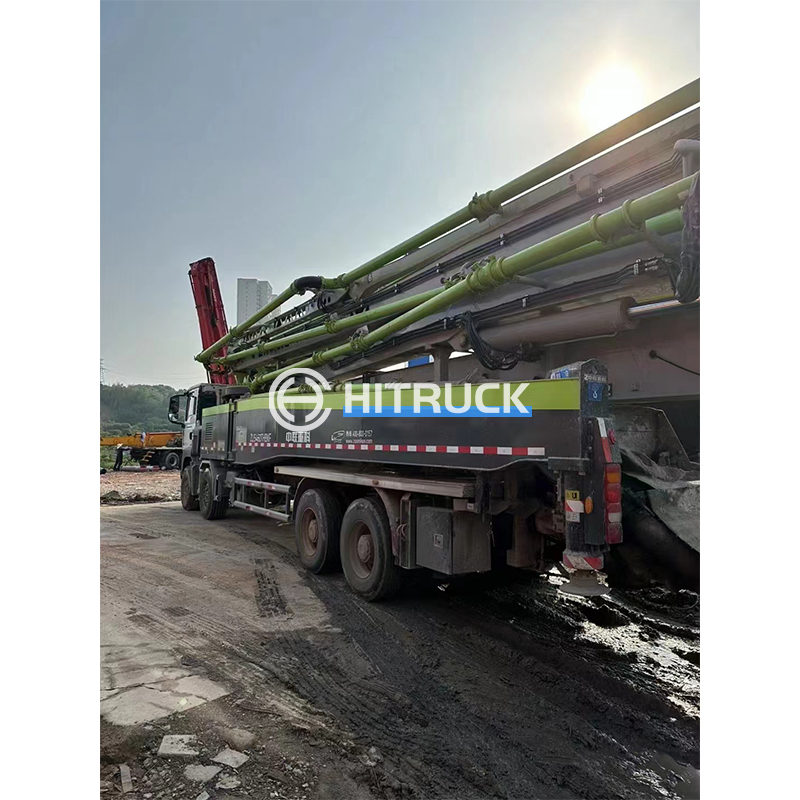විදුලි වාහන සංචාරක හා පරිසර විද්යාවට බලපාන ආකාරය විදුලි වාහන (EVs) බොහෝ විට සංචාරක හා පරිසර විද්යාව යන දෙකෙහිම ක්රීඩාව වෙනස් කරන්නන් ලෙස සැලකේ. එහෙත්, බොහෝ දෙනෙක් මෙම ක්ෂේත්රයන්ට ඒකාබද්ධ වීමත් සමඟ ඇති වන ප්රායෝගික ගැටිති නොසලකා හරිති. EV වල සැබෑ ලෝක බලපෑම හෙළිදරව් කරමු, ඒවායේ දියුණුව සහ බාධක යන දෙකම ස්පර්ශ කරමින් - සහ එය පෙනෙන තරම් සරල නොවන්නේ ඇයි.
සංචාරක අත්දැකීම් පරිවර්තනය කිරීම EV මගින් කාබන් පියසටහන අඩු කිරීමෙන් සංචාරක ව්යාපාරයට වැඩි දියුණු කිරීම් මිස අන් කිසිවක් ගෙන එන්නේ නැති බව කෙනෙකුට මුලින් සිතිය හැක. නිතර සංචාරකයෙකු ලෙස, කුලී විකල්ප ලෙස EVs ලබා දෙන තවත් සංචාරක ක්රියාකරුවන් මම දැක ඇත්තෙමි. එහෙත්, ආරෝපණ යටිතල පහසුකම් තවමත් සැලකිලිමත් වේ. ප්රංශයේ දර්ශනීය මාර්ග ඔස්සේ ගිය ගමනකදී, චාජර් වල හිඟය, විවේකී රිය පැදවීම බලශක්ති සංරක්ෂණය පිළිබඳ ස්නායු කම්පන අත්දැකීමක් බවට පත් කළේය. සංචාරක සේවා සපයන්නන් පරිසර සංචාරක ව්යාපාරයේ සැබෑ ප්රයෝජනය සඳහා පුළුල් EV සහාය සහතික කළ යුතුය.
කෙසේ වෙතත්, පෙරළීම පොරොන්දු වේ. සම්ප්රදායික එන්ජින්වල ඝෝෂාවකින් තොරව සංචාරකයින්ට සන්සුන් භූ දර්ශන වඩාත් හොඳින් භුක්ති විඳීමට ඉඩ සලසමින් EVs නිශ්ශබ්ද, සුමට සවාරි සපයයි. වෙරළාශ්රිත චාරිකා, විශේෂයෙන්ම, මෙම සන්සුන් භාවයෙන් ප්රයෝජන ලබයි. නමුත් මතක තබා ගන්න, මාරුව යනු වාහන ගැන පමණක් නොවේ - එය සමස්ත සංචාරක පරිසර පද්ධතියම අනුවර්තනය කිරීමයි. මෙම සංක්රාන්තිය තුලනය කිරීම සැබෑ අභියෝගයයි.
කෙසේ වෙතත්, ප්රායෝගික ඇඟවුම් නොසලකා හැරිය නොහැක. EV සඳහා වෙනත් ආකාරයේ ලොජිස්ටික් සහය අවශ්ය වේ—වැඩි ආරෝපණ මධ්යස්ථාන, පුහුණු නඩත්තු කාර්ය මණ්ඩලය, සහ සම්ප්රදායික සැකසුම් දැනටමත් නොතිබිය හැකි වාහන කළමනාකරණ පද්ධති පවා. එය නවීන සංචාරක ව්යාපාරවල අභිලාෂයන් සමඟ නෛසර්ගිකව බැඳී ඇති පරිපූර්ණ වැඩිදියුණු කිරීමකි.
පාරිසරික බලපෑම් - පැති දෙක පාරිසරික වශයෙන්, EVs නිසැකවම විමෝචනය අඩු කිරීම අරමුණු කරයි. නමුත් ඔවුන් කොතරම් වෙනසක් කරනවාද? හොඳයි, ප්රතිඵල මිශ්ර විය හැක. ශක්තිමත් පුනර්ජනනීය බලශක්තිය සහිත නෝර්වේ වැනි ස්ථාන විමෝචනයෙහි කැපී පෙනෙන අඩුවීමක් පෙන්නුම් කරයි. කෙසේ වෙතත්, ගල් අඟුරු මත යැපෙන කලාපවල සංචාරක ගමනාන්ත එවැනි ප්රතිලාභ නොපෙනේ. EV එකක සත්ය පාරිසරික පියසටහන විදුලිබල ප්රභවය සලකා බැලිය යුතුය. EV වලට මාරුවීම සහජයෙන්ම හරිත බව බොහෝ විට වැරදි වැටහීමකි.
Hitruckmall, operated by Suizhou Haicang Automobile Trade Technology Limited, taps into this transformation. චීනයේ විශේෂ කාර්ය වාහන අගනුවර වන Suizhou හි පිහිටා ඇති අතර, ඩිජිටල් විසඳුම් සහ පාරිසරික විඥානය ඒකාබද්ධ කිරීමේ ද්විත්ව අවශ්යතාවය අපි හඳුනා ගනිමු. එය විවිධ වෙළඳපල අවශ්යතාවලට ගැලපෙන නිවැරදි ආකාරයේ වාහන විසඳුම් සැකසීමයි, අපි විමෝචනය ටේල්පයිප් සිට බලාගාරයට පමණක් මාරු නොකරන බව සහතික කරයි.
එපමනක් නොව, EVs තිරසාර භාවිතයන් දිරිමත් කරයි. සංරක්ෂණ මනසක් ඇති සංචාරකයින්ගේ නව සංස්කෘතියක් වගා කරමින්, EV හිමිකරුවන් සඳහා සංචාරක අඩවිවලට දිරිගැන්වීම් පිරිනැමිය හැකිය. සමහර විට, EVs තිබීම සංචාරක ක්රියාකරුවන් වඩාත් තිරසාර භාවිතයන් වෙත තල්ලු කරයි - එය රැළි බලපෑමක් සඳහන් කිරීම වටී.
යටිතල පහසුකම් සහ ක්රියාත්මක කිරීමේ අභියෝග දැන් අපි යටිතල පහසුකම් ගැන කතා කරමු. ආරෝපණ මධ්යස්ථානවල ශක්තිමත් ජාලයක් ක්රියාත්මක කිරීම සාමාන්ය කාර්යයක් නොවේ. සංවර්ධනය වෙමින් පවතින කලාපවල, මෙය බොහෝ විට දේශපාලන, ආර්ථික සහ තාක්ෂණික බාධක සැරිසැරීම ඇතුළත් වේ. මගේ අග්නිදිග ආසියාවේ සංචාරයේ දී, එවැනි යටිතල පහසුකම්වල හිඟකම, විභව EV සංචාරකයින් සැලකිය යුතු ලෙස වළක්වන බව මම නිරීක්ෂණය කළෙමි. කාර්යයට චාජර් පමණක් නොව සංචාරක අත්දැකීමට බාධාවකින් තොරව ඒවා ඒකාබද්ධ කිරීම ඇතුළත් වේ.
එය සෑම තැනකම චාජර් රෝපණය කිරීම පමණක් නොවේ. නවාතැන්, ආකර්ෂණ ස්ථාන සහ ජනප්රිය මාර්ග ඔස්සේ ඒවා උපාය මාර්ගිකව තැබිය යුතුය. සමහර අවස්ථාවලදී, චාජර් සත්කාරකත්වය සඳහා දේශීය ව්යාපාර සමඟ හවුල් වීම අන්යෝන්ය වශයෙන් ප්රයෝජනවත් විය හැක. එය ඉක්මන් විසඳුම්වල කැකෝෆෝනි එකට විසි කරනවාට වඩා සංධ්වනියක් සංවිධානය කිරීමයි.
මෙම ප්රයත්නයන්ගේ ප්රතිඵලය ඒකාකාරී නොවේ. සමහර කලාප විශිෂ්ටයි, අනෙක් ඒවා අරගල කරයි. පළාත් පාලන ප්රතිපත්තිවල අන්තර් ක්රියාකාරිත්වය, බල සැපයුමේ අනුකූලතාව සහ වෙළඳපල සූදානම බොහෝ විට පෙරළීමේ වේගය සහ සාර්ථකත්වය තීරණය කරයි.
දේශීය ආර්ථිකයට බලපෑම සංචාරක ව්යාපාරය විද්යුත්කරණය කිරීමෙන් දේශීය ආර්ථිකයන් ද නැවත සකස් කළ හැකිය. මෙම මාරුව පිළිගන්නා ප්රදේශ EV නඩත්තු කිරීම සහ අයකිරීම් සේවා වැනි නව ක්ෂේත්රවල රැකියා උත්පාදනය ඉහළ නැංවිය හැකිය. පුහුණු පිරිස් සඳහා ඇති ඉල්ලුම නව ඉල්ලීම් සමඟ ශ්රම බලකායේ කුසලතා පෙළගස්වා අධ්යාපනික මුලපිරීම් දිරිමත් කළ හැකිය.
මෙම වෙනස අනපේක්ෂිත ප්රදේශ වල පවා පැහැදිලිව පෙනේ. වැඩි දියුණු කළ ප්රවේශය සහ පාරිසරික ආකර්ෂණය හේතුවෙන් සංචාරකයින්ගේ පැමිණීම වැඩි වීමෙන් කුඩා නගර අනුවර්තනය වන බව මම දැක ඇත්තෙමි. කෙසේ වෙතත්, මෙම සංක්රාන්තිය මුලදී දේශීය ආර්ථිකයන් කෙරෙහි ආතතියක් ඇති කළ හැකිය, විශේෂයෙන් සාම්ප්රදායික කුසලතා ඉහළ නැංවීම හෝ සම්පූර්ණ ප්රතිසංස්කරණය අවශ්ය වන විට.
එවිට සංචාරක ව්යාපාරය හා බැඳුනු කර්මාන්ත කෙරෙහි රැළි බලපෑමක් ඇත. ප්රවාහන සේවා, දේශීය යාත්රා සහ ආගන්තුක සත්කාරය - ඒ සෑම එකක්ම විද්යුත්කරණයේ කඹ ඇදීම දැනේ. එය හුදෙක් ඔබගේ සංචාරයට බලය සපයන දේ වෙනස් කිරීම පමණක් නොව දේශීය ආර්ථික භූ දර්ශන නැවත අර්ථ දැක්විය හැකි මාරුවීම් වල කඳුරැල්ලක් දැකීමයි.
අනාගත අපේක්ෂාවන් සහ සලකා බැලීම් ඉදිරිය දෙස බලන විට, සංචාරක ව්යාපාරයේ EV වල විභවය අති විශාල නමුත් ප්රවේශමෙන් සංචලනය කිරීම අවශ්ය වේ. සාර්ථකත්වය යනු නාවික යාත්රා විද්යුත්කරණය කිරීම පමණක් නොවේ - එය තිරසාර සංචාරක චක්ර පෝෂණය කරන පද්ධති සැකසීමයි. ලොජිස්ටික්ස් සිට ප්රතිපත්ති දක්වා විවිධ ස්පර්ශක ස්ථාන හරහා EVs ඒකාබද්ධ කිරීම අවශ්ය වේ. Suizhou Haicang ඔටෝමෝටිව්, අපගේ වේදිකාව Hitruckmall හරහා, මෙම කැපවීම නිදසුන් කරයි, EV හැකියාවන් පුළුල් කිරීම අරමුණු කරගත් ඒකාබද්ධ විසඳුම් සැකසීමට තාක්ෂණය උත්තේජනය කරයි.
හවුල්කරුවන් සහ පාර්ශවකරුවන් සඳහා, මෙම සංක්රාන්තිය උපයෝගී කර ගැනීමේ යතුර සහයෝගීතාවයයි. සන්ධාන ගොඩනඟා ගැනීම සහ තීක්ෂ්ණ බුද්ධිය හුවමාරු කර ගැනීමෙන්, සංචාරක හා පරිසර විද්යාව යන දෙකටම ප්රතිලාභ ලබා දෙමින් මාරුව තරල ලෙස පවතින බව පාර්ශවකරුවන්ට සහතික කළ හැකිය. තිරසාර සංචාරක ව්යාපාරයේ සිහිනය EV වලට මාරු වීමට වඩා සංකීර්ණ වේ - එය තාක්ෂණය, ප්රතිපත්ති සහ වෙළඳපල පෙළගැස්වීමයි.
අවසාන වශයෙන්, එය ජයග්රහණ සහ පසුබෑම් යන දෙකින්ම පිරුණු අඛණ්ඩ ගමනකි. නමුත් නිවැරදි දූරදර්ශීභාවය සහ කැපවීම සමඟ සංචාරක ව්යාපාරයට සහ පරිසර විද්යාවට EV වල බලපෑම සැබවින්ම ස්මාරකය විය හැකිය.


